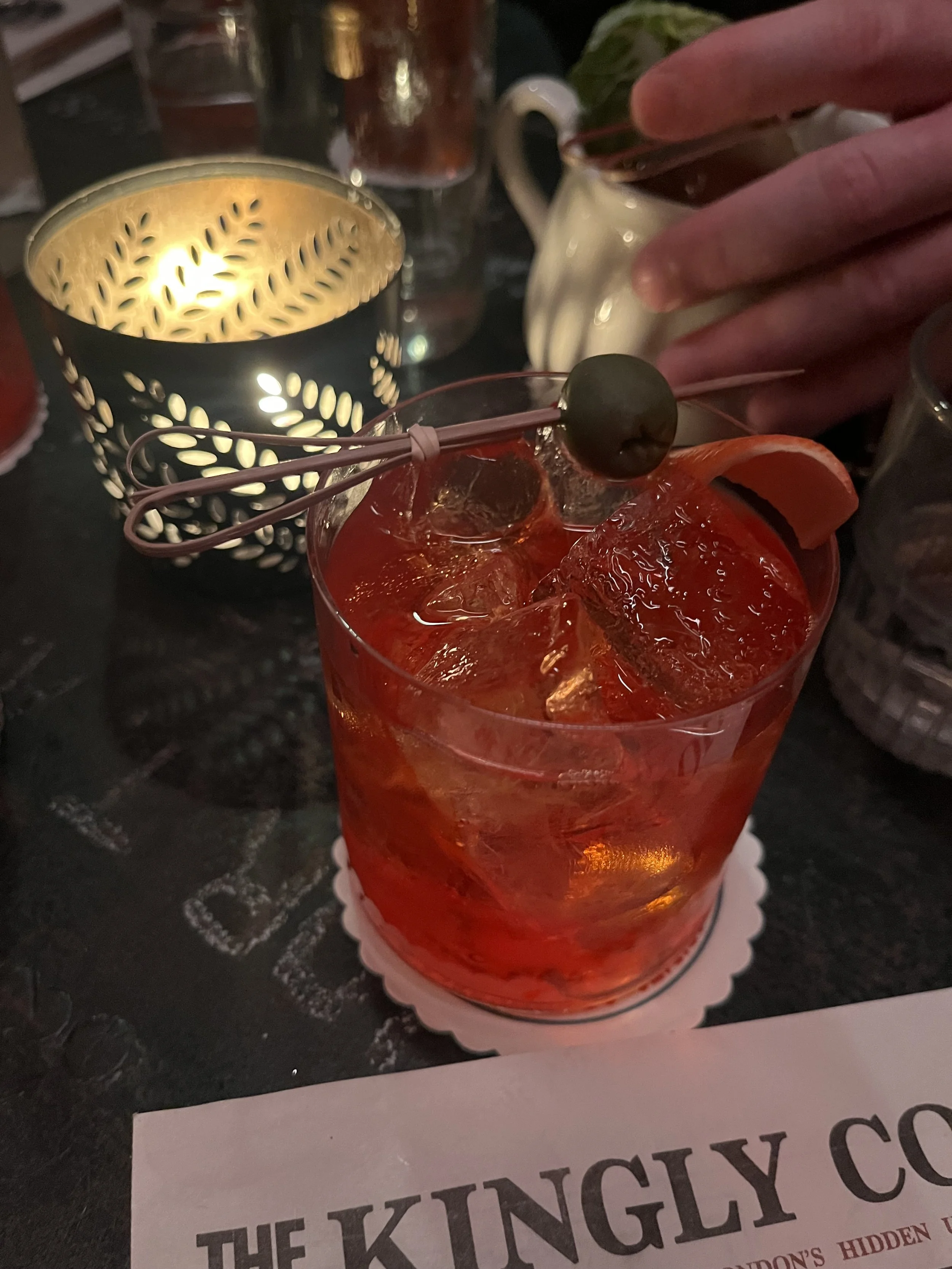Why Do We Drink? Understanding the Hidden Reasons Behind Alcohol Use
The Brain’s Reward System and Alcohol
Our brains are wired to seek out rewards. When we do something pleasurable—eating, socializing, even accomplishing a goal—our brain releases dopamine, a neurotransmitter associated with motivation and pleasure. Alcohol taps directly into this system, creating an artificial reward. It boosts dopamine levels, making us feel relaxed, confident, or even euphoric. But over time, our brain starts prioritizing alcohol as a shortcut to feeling good, and we may begin reaching for it more often, sometimes without even thinking.
Then there’s the emotional aspect. Many of us don’t drink just because we like the taste or the buzz—we drink because it serves a purpose in our lives. It might be stress relief, social confidence, or an escape from deeper emotional struggles. The motivations behind drinking can be categorized into external (social pressures, celebrations) and internal (coping, emotional relief). And when internal motivations take over, drinking becomes less about fun and more about relief.
My Story: The Moment I Realised There Was More to It
When I first decided to quit drinking, it wasn’t because I thought I had a serious problem. I wanted to feel healthier. I was bloated, sluggish, and my skin looked dull. I saw sobriety as a temporary detox, a way to reset my body. I joined Annie Grace’s Alcohol Experiment, and within 45 days being alcohol free, I felt amazing. But I wasn’t ready to give up alcohol for good. I believed I could moderate.
Then came the crash—a catastrophic, month-long binge following a work colleagues early death. It scared me. I realized I hadn’t actually changed my relationship with alcohol; I had just paused it. I returned to Annie Grace’s program for a second time, this time with a different mindset. I wasn’t just focused on quitting; I wanted to understand why I drank in the first place.
That’s when everything changed.
I joined a small coaching group, where we discussed our personal ‘rock bottoms.’ I struggled to define mine. I hadn’t lost my job or my family. But what I did know was that drinking wasn’t as much fun anymore, my hangovers had definitely got worse, it was affecting my mental health and coping strategies, and I kept hearing from others in such sober curious groups that longer term sobriety bought so many positive health benefits.. and I wanted that!
In that group, I casually mentioned that I had been adopted as a baby. I had a happy childhood with my adoptive family, and I never thought much about it. But someone in the group pointed out that this was a big deal.
It hit me like a wave.
I had spent my entire life navigating an invisible identity crisis—never quite feeling like I belonged, not wanting to stand out, yet craving attention and validation. I was a lifelong people-pleaser, always putting others first, struggling with boundaries, and constantly searching for acceptance.
Drinking had been my way of silencing these unexamined feelings.
And I wasn’t alone. Many of the women I work with—especially those in high-pressure careers—drink for similar reasons. We think we drink because it’s fun or because we enjoy it, but when we dig deeper, we often find we drink to quiet something inside us or due to an unmet need.
What This Means for You
If you’ve ever wondered why you reach for a drink at the end of a long day, ask yourself:
· Am I drinking to celebrate, or to escape?
· What do I believe alcohol is giving me? (Relaxation, confidence, connection?)
· Could I find those things in a healthier way?
Understanding your motivations isn’t about shame or blame. It’s about curiosity and self-compassion. When we remove alcohol, we create space to explore our true needs, whether that’s stress management, self-worth, or emotional healing.
There’s So Much More on the Other Side
Sobriety isn’t just about not drinking—it’s about discovering what’s been underneath all along. It’s about gaining, not losing.
For me, quitting alcohol wasn’t just about feeling better physically (though that was a great bonus). It was about uncovering the reasons I drank in the first place. Once I faced those head-on, I realized that the life I wanted wasn’t at the bottom of a bottle—it was waiting for me on the other side.
And if you’re reading this, I want you to know there is more for you too.


